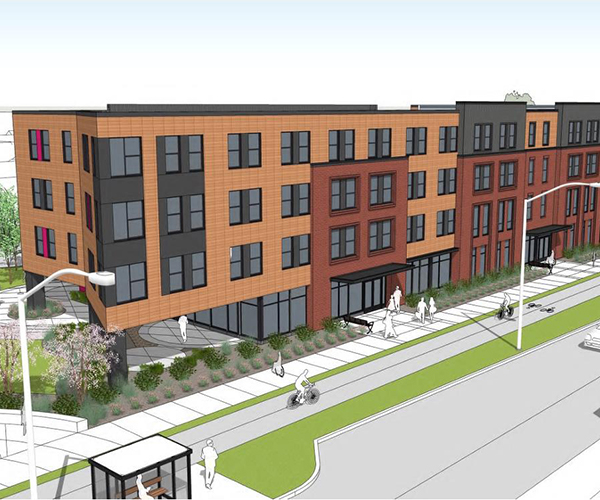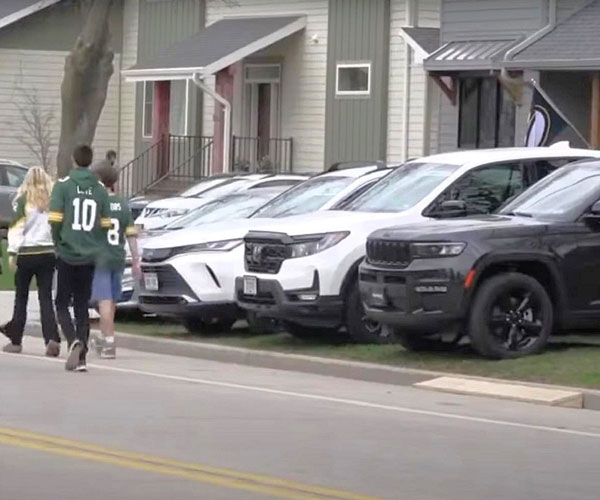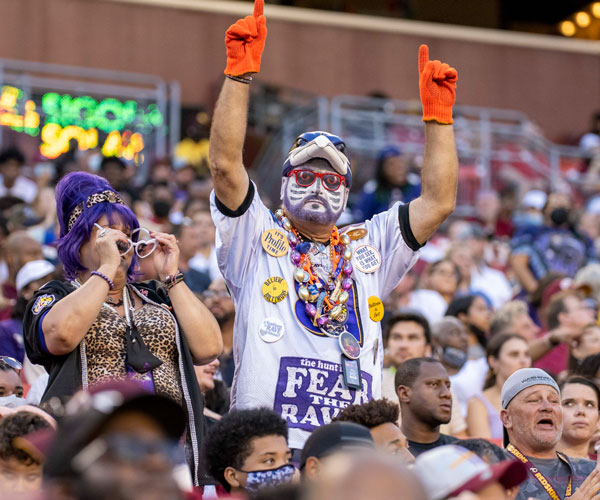This weekend, May 20-21, the Cleveland Asian Festival returns to the Land for a celebration of food, arts and culture in AsiaTown. The 14-year-strong event boasts performances for decades-old acts like the Kwan Family Lion Dance group and offers locals their fill of delicious, local Asian cuisine including Li Wah and Hunan Coventry.
Also present this year: a series of green stations where guests will be taught the value of composting and other ecological practices. With this addition, organizers hopes to achieve a “near zero-waste” event.
According to the recent documentary by filmmaker Johnny Wu and MDI production company, Chinese communities have been present and active in the Cleveland area for more than 150 years. In The History of Cleveland’s Chinatown — An Oral History of Chinese Americans in Cleveland, Wu and his crew shine a light on Chinese American life in Northeast Ohio.
Ahead of the Cleveland Asian Festival celebration, Cleveland Magazine caught up with Wu to talk about the documentary, the importance of diversity in the region and what makes the approaching fest so special.
Cleveland Magazine: What inspired taking on such a large project like the recent Cleveland AsiaTown documentary?
Johnny Wu: We found out, back in 2020, that the Cleveland Chinese community has been around in Cleveland for over 150 years. So, we thought that's a great idea to do some kind of oral history to cover and talk about and document that different people that lived through the years or experienced anything happening in Cleveland through their childhood, whether it was religion or racism or anything else, and see what how that affected your life in growing up as a Chinese kid here in Cleveland. We applied for a grant with the Cleveland Foundation, and it got us some support from others and we made a movie.
CM: When you looked back through the history of the local Chinese community, what led to its establishment in Cleveland?
JW: There’s no real document to say "Why did they come this way?" but most of the time it was because they tried to get away from the gold rush issues with San Francisco. They started migrating from San Francisco, Los Angeles or other Southern California areas all the way to Cleveland, and they settled down in the Public Square area, which became Ontario ... and stayed there for a bit. Eventually, the whole AsiaTown migrated to the Rockwell area that we currently know as the historic Chinatown, and eventually went to Asia Plaza area.
CM: What was the process like finding people to deliver these oral histories?
JW: We interviewed a lot of different people, and then we sat there with each person with a set format of questions. Then we added additional pop-up questions randomly once we find out the interviewee are more interested, are more passionate about or more open for it. Then we just tried to put everything together.
Once we have a timeline, we kind of have a headache, because there's a lot of information — a lot of good information. Also, a lot of people have different but similar story to tell. So, we had to figure out what is the best for each group, and we decided to group them all in a different section. So we had a section about racism; we essentially have a “Growing Up Cleveland” section about history in Chinatown; how Cleveland have been embracing, or not embracing, the Chinese that came here; and then what's going on with the Cleveland Asian Festival and so on.
CM: What were some of the most interesting or unexpected things that you heard when you were gathering information and talking to people?
JW: There's a bunch of them, but most of the time I noticed that everybody have a great time when you were kid growing up and going to the different celebrations in Cleveland; Lunar New Year and Moon Festival.
We also have some seniors that talk about how they were part of the three sister restaurants and always having some kind of competition — healthy competition with other Chinese restaurants in the neighborhood. That'll be George Kwan talking about how, during his birthday, he had to carry two sacks of rice up the stairs. I think that's, like, 10 pounds each — a good workout for him. George is a former police officer who was recently retired and also did the lion dance for over 40 years.
CM: How important is documenting these sorts of things in a place like Cleveland or even any city across America?
JW: We have something good in Cleveland. We realize all this should be documented because it shows how Cleveland was embracing the diversity we have here. There's some sort of racism, but it's not as big as other major cities — compared to in Cleveland, [we] seem to be very much embracing the whole story about every different type of people. Ethnic groups are working together, living together. That's something that I think the future generations should know about, because everybody has a story to tell. By having that documented we can show to the future generation how to get started.
CM: With that insight, what are some of your favorite AsiaTown staples?
JW: There's a lot of things I like about AsiaTown. First, the community as a whole, because you not only have Asian or American living or working there, you have every other ethnic group that are working together. It's very much diverse in embracing each other. That's one thing. Second, the Cleveland Asian Festival, [because] you see a lot of people having great time — doesn't matter who you are, what race you are, what sexual orientation you are; it’s just all about everybody having a great time on the weekend. And then, of course, the food and people, performances and everything else that comprises the culture in celebration of Asian Americans and Pacific Islanders.
The History of Cleveland’s Chinatown — An Oral History of Chinese Americans in Cleveland will be available to rent or buy by the end of May.
Cleveland Asian Festival takes place 11 a.m.-7 p.m. on Saturday, May 20 and Sunday, May 21. The free event takes place at East 27th Street and Payne Avenue. Find more information, including vendors and performances, at the event's website.
Get ahead of the weekend by signing up for our free weekly “In the CLE” newsletter — your guide to fun throughout The Land. Arriving in your inbox every Wednesday, this weekend to-do list fills you in on everything from concerts to museum exhibits — and more. Click here to subscribe.




